In early June 2017, it was reported that a four-year-old boy had died from a suspected case of dry drowning. After spending time playing in the Galveston Bay located in Texas a week earlier, the boy seemed fine after being knocked down by a wave and inhaling some water. Although the official cause of his death was not confirmed, doctors realized that the incident had affected the boy’s respiratory system and contributed to his death. With a scary sounding name and unclear facts surrounding its cause, many parents have questions about dry drowning and what preventative steps they can take to protect their children.
According to Dr. James Chamberlain, an emergency medicine physician at Children’s National Hospital, it’s helpful for parents to understand that dry drowning is not an official medical diagnosis. Dry drowning occurs when a person, typically a child, experiences respiratory distress hours after swallowing or inhaling water. Although the terms “dry drowning” and “secondary drowning” are used interchangeably, the two have different meanings.
Secondary drowning, commonly referred to as delayed drowning, happens when a person chokes on fluid that is in the lungs, but appears to be fine afterward. “But over the next few hours to 24 hours, you develop shortness of breath and you might cough and wheeze,” says Dr. Chamberlain. “The lungs are getting inflamed and you’re basically seeing delayed effects of drowning.”
Conversely, dry drowning implies that the person has inhaled or swallowed a large amount of water, but it has not actually gone into their lungs yet. “Usually kids just vomit it up, and they’re fine,” says Chamberlain, “but occasionally a child will get inflammation of the airway or some fluid in their lungs as a result of the obstruction when they were underwater and weren’t breathing.” This can cause the airways to close and possibly spasm, long after a person has been submerged underwater.
When should parents worry?
Typically, neither dry nor secondary drowning happens immediately. If your child is acting and breathing fine, you shouldn’t worry that something bad is going to happen. In some instances of delayed drowning, parents have reported that their children complained about chest pains or seemed more fatigued than usual before they died. As always, parents should watch their children closely for any strange behavior, symptoms or patterns after spending time in the water.
“I would tell parents that if a child has gone underwater and seems to have swallowed or inhaled some water, they should be watched closely for the next 12 hours to make sure they don’t develop shortness of breath or coughing,” says Dr. Chamberlain. “If they do, they should be seen by a doctor right away.”
Although pools can have health risks even if you don’t inhale water, Dr. Chamberlain believes dry drowning not a reason to keep well-supervised children away from the waterpark, beach or pool. “I think far more important safety risks to be aware of in the summertime have to do with kids not wearing helmets on their bikes and skateboards and not wearing seatbelts in a car,” he says. “We see many more of those incidents, and preventing those is really just common sense.”
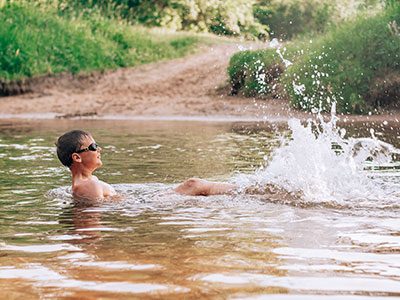 https://riseandshine.childrensnational.org/wp-content/uploads/2024/06/boy-swimming-feature.jpg
300
400
Rise and Shine
https://riseandshine.childrensnational.org/wp-content/uploads/2017/11/childrens_riseandshine_logo.jpg
Rise and Shine2024-06-17 13:02:582024-06-17 13:07:07How to prevent swimming-related illnesses
https://riseandshine.childrensnational.org/wp-content/uploads/2024/06/boy-swimming-feature.jpg
300
400
Rise and Shine
https://riseandshine.childrensnational.org/wp-content/uploads/2017/11/childrens_riseandshine_logo.jpg
Rise and Shine2024-06-17 13:02:582024-06-17 13:07:07How to prevent swimming-related illnesses



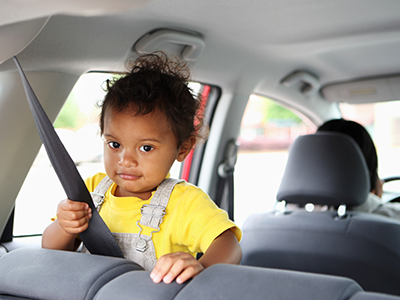
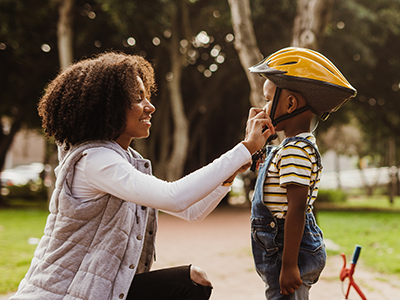

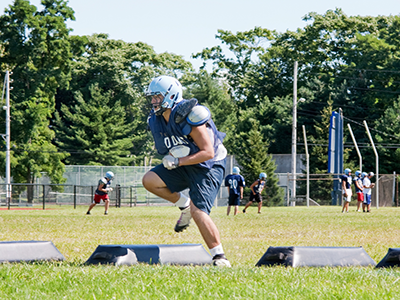
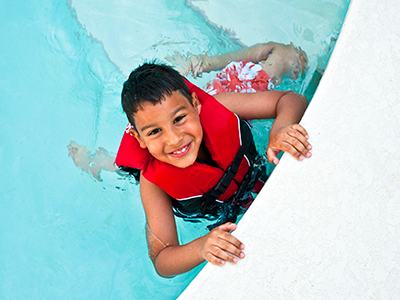
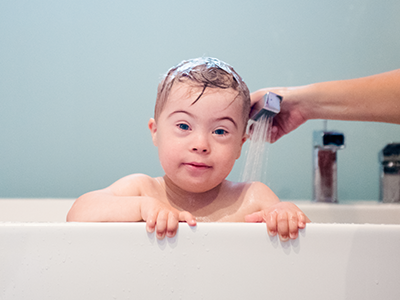




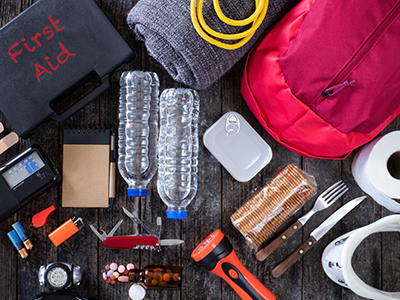
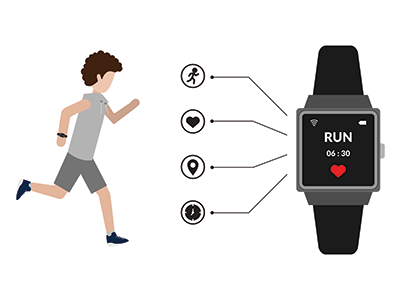





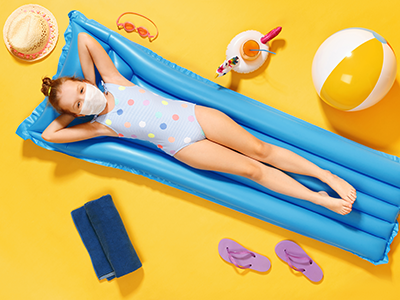
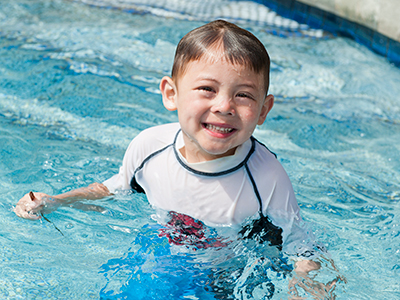
Leave a Comment
Want to join the discussion?Feel free to contribute!